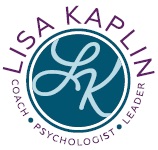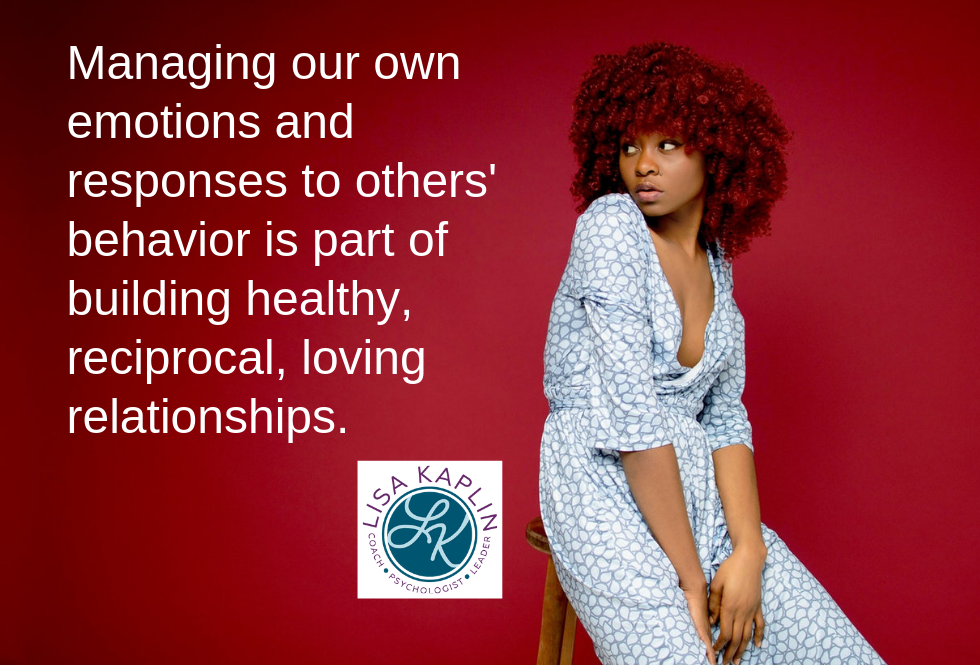A common refrain of toddlers and adults alike is, “You made me so angry.” Or “You made me so sad.” Or “Because you acted that way, you made me act this way back to you.” It’s a version of, “The devil made me do it.” It’s a complete lack of personal responsibility and doomed to you being at the effect of your life and the behaviors of others. Ultimately, we are all 100% responsible for our own feelings and reactions (or responses) to others.
Now I’m not suggesting that we shouldn’t ever get upset at some things that others say or do. However, I am suggesting that we look at that upset and figure out why it bothered us versus blaming the other person for our feelings. We can ask others to change how they speak to us or even what they say to us, yet we are responsible for how we respond to what they say.
In abusive relationships, it’s not unusual to hear the abuser say something to the effect of, “She made me so mad and that’s why I hit her.” Think about that rationale for a minute. It makes the abuser both the victim and the innocent party when he (or she) is neither. People will say and do things that push our buttons, but we are the ones holding the buttons. We get to choose if we get angry, and what we do with that anger.
How to Take Responsibility for Our Emotions
It’s a tough concept to swallow because it means taking full responsibility for how we show up in each and every situation in our lives. It’s also not as much fun as blaming others. (Insert sarcasm here.) When we experience any emotion, we are responsible for that emotion and also for what we do behaviorally due to that emotion. That’s a lot of responsibility!
Again, this doesn’t mean that we allow people to abuse us or treat us unkindly. It’s anything but. We still want to ask for acceptable behavior from others such as kindness and respect. The difference is that we ask for those things because we want healthy, reciprocal, loving relationships and not because we can’t manage our own feelings that come up when things get uncomfortable.
Managing our own emotions and responses to others' behavior is part of building healthy, reciprocal, loving relationships. #relationships #emotions #feelings #responsibility Click To TweetSo when your button gets pushed, ask yourself, “What’s going on?” “Why am I so upset?” “What am I saying to myself about this situation or this person?” “How do I want to respond moving forward?” Get clarity into your reaction in that it’s telling you something about your internal life. Reactions are clues to what lies in our unconscious minds and an opportunity to make our thoughts conscious. By becoming more conscious, we are less reactive and more aware of who we are and how we want to live our lives.
How different would your life be if you weren’t reacting to what others said and did? How different would your life be if you weren’t at the effect of others, but rather at the cause of your own emotional well-being? How much calmer and relaxed would you feel if you believed that no one else could “make” you feel anything that you didn’t want to feel?
Love,

Lisa Kaplin Psy. D. PCC


Important observations and so true!